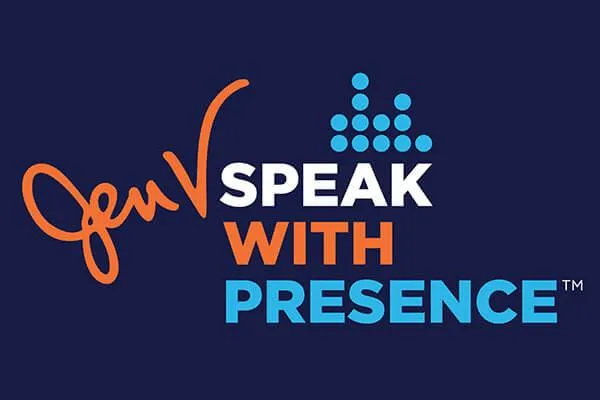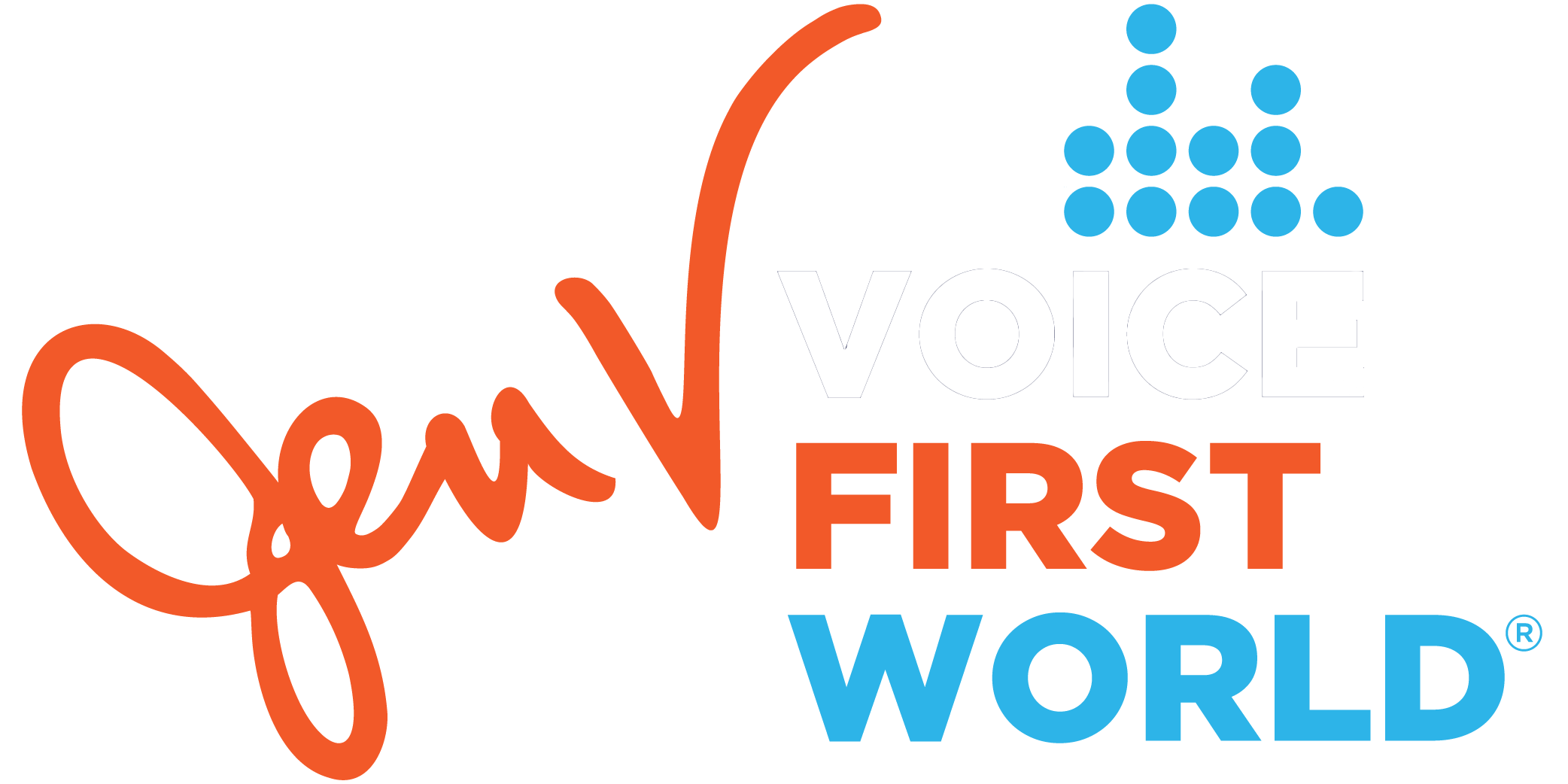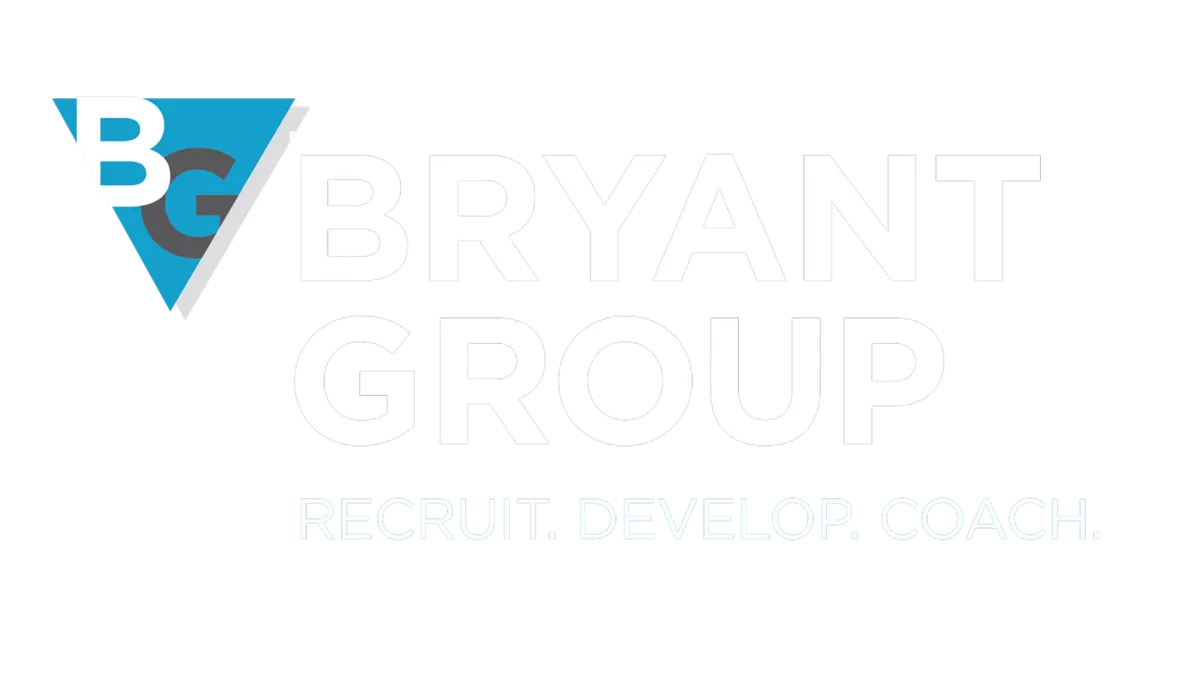Lorem ipsum dolor sit amet, consectetur adipiscing elit, sed do eiusmod tempor incididunt ut labore et dolore magna aliqua.
- Client Name
Title/Position, Company, Location

Episode 50: Sally Speaks Up: Story #4
"Sally" (not her real name) calls out professionalism in the classroom. Triangulation lessons are learned the hard way.
Jen Vellenga's "word" for 2023 is CONSISTENCY. Jennifer Rettele-Thomas challenged her to tell a story on the Speak with Presence podcast every day of 2023 starting on January 19, 2023.
Can Jen V. do it? JRT doubts it.
Even if she's not perfect...how many stories can she tell and what structures will she use?
Prefer to read instead of listen?
Read the transcript below
It wasn't about Gun Day this time, or the triggering effects of performing in the sexually explicit lip syncs. This time it was about me and my behavior in the classroom. It's Sunday, January 22, 2023. I'm Jen Vellenga, co-host of the Speak with Presence podcast and co-founder of Voice First World. This is Story #4: Sally Speaks Up.
Sally is not her real name. She called me out and I deserved it. We were in her semester evaluation meeting, and I asked her if there was anything she wanted me to know and she said that I had told her to suck it up and deal with the class, to be professional about attending a class she didn't think was appropriate, but that I wasn't doing the same in the classroom.
I was shocked. She said, you rolled your eyes about this professor in class, and we all knew how you felt about him. When do you have to be professional? This was more than a decade ago. I am sure I turned bright red. And she was right. I had no executive presence or professionalism when I behaved that way towards this professor.
I'm not the first to call out Gun Day or lip sync on a podcast. Gianmarco Soresi's The Downside Podcast talks about it extensively in the episode on September 4, 2022, called “Nobody Likes You” with Konnie Metaxa and Slumber Party with Tim Murray, April 8, 2019. Slumber Party is the name of the podcast, and that episode, “Go get some sugar and lick it.”
You have been forewarned. These podcasts may not be for you. They're both explicit. It might not be your kind of content. They both talk about Gun Day. I also interviewed both of these guys on my previous podcast, Ditch Your Backup Plan. Episode 8 was Tim Murray, and Episode 43 was Gianmarco Soresi. That podcast is not necessarily explicit in most of those episodes.
I'm not the first to call out Gun Day. You can go listen to those if you want to hear more about it. Let's just say it was an inappropriate exercise. Since abandoned, and that professor's aim was to get students to raise their stakes in their performance, get them comfortable lip syncing, and encouraged sexually explicit content.
Often the girls would come to me and say they did not feel comfortable with the class. This is pre-Me Too movement. And I would find out why. If it was truly triggering something in their past, I would do my very best to help them get into a different class that could count for the same credit. However, if they just thought it was inappropriate, but knew it was part of the business, I would encourage them to stay in the class and learn from it.
I would typically say, this is not going away. You, as an actor, will need to engage, not necessarily engage in sexually explicit lip syncs, but maybe. It is a very provocative industry. And you may have to learn how to handle these situations and maybe take a different kind of lesson from the class.
Now, I don't know if that's the same language I would use anymore, but at the time it was the way I dealt with handling the situation that was led by someone in a position of power above me. Now, this didn't help me very much in my own journey as a professor at that institution. However, I did feel like it was a way for me to support these young women if they truly had a situation where it was not healthy for them to be in the class and a way to keep students in the class, so they didn’t all just flee.
When I was a graduate student, I remember a professor telling me that playwrights, when you're working on a new play, can often become the scapegoat or the target of negativity. So, whenever there's three, the director, the actors, the playwright, one of those constituencies can sometimes be the target of negativity, where there's a kind of triangulation. I tried to monitor that as much as I could whenever I've been directing. If the playwright is in the room, the director needs to make sure that the actors don't turn the playwright into the scapegoat for whatever isn't working. And when the playwright, if the playwright and the actors are talking together, making sure the director doesn't become the problem.
There's always challenges when you're building something. Triangulation was an idea that I hadn't really internalized. I used the skill of communication to notice and mitigate any triangulation that was going on. I hadn't really thought about it in a leadership context until I went to a conference where the keynote said, when it comes to leadership, the very worst thing you can do is triangulate. She explained exactly what this playwright, director, actor situation was. You can, as a leader, speak to someone who has complaints or conflicts with another individual. And if you as a leader commiserate with them, you are engaging in a triangulation that is very detrimental to the workplace and to your position as a leader with presence and authority.
When I heard this term triangulation as a leader, I understood it in a way I hadn't before. Even though I'd experienced it as a director with playwrights and actors, now I really understood it as a leader. I did my best to go into situations where there were challenges to really listen and ask questions, and then ask the two others in this triangle to communicate with each other. Sometimes with me in the room as a kind of mediator. I'm not saying I was perfect at this because I think there's something about human nature that wants us to support and commiserate and say you're right, that person's wrong. That person, how could they do that to you?
Especially if you're talking about bias, that really is something that's wrong. But again, triangulation is not the way to go. It undermines your power as a leader. There are other ways. If it's truly something that needs attention, it should go to the proper channels, to HR, to somebody else in leadership and directly to the person who's causing any harm.
None of us is perfect. I'm certainly not. I've learned my lessons over the years in leadership, and I'm certain I learned as much from my students as they learned from me. I really appreciate that Sally spoke up. I'm sure that was not easy for her. Had she not, I might not have learned that lesson as quickly as I did.
The moral of this story is for you to speak up. Even when it's difficult because you never know how it will be received. I like to believe what I said to Sally at the time was that I appreciated her speaking up and that I needed to look at my behavior. That's how I remember it. I don't know if she remembers me being humbled at that moment.
At that time, what I said, and my behaviors did not match. Speaking out against others is not leadership. That's obvious, right? When it comes to executive presence, leadership accountability, and emotional intelligence, asking questions, and allowing effective communication between people who have differences is the way to move forward.
Call in whatever resources you have that are there to address inequities. I learned my lesson about triangulation both from Sally for speaking up, from my training as a director, and from an amazing keynote speaker who talked specifically about the damage triangulation can create in a leadership context.
I'm Jen Vellenga, co-host of the Speak with Presence podcast and co-founder of Voice First World. This has been Sally Speaks Up: Story #4 in the Double Dog Dare, 347 stories in 2023. It's Sunday, January 22nd. On the weekends, it's audio only, but coming back on the weekdays, check out Instagram, at Voice First World, and Facebook page, at Voice First World as well.

Meet
Jen V. & JRT
Jen Vellenga and Jennifer Rettele-Thomas are the co-founders of Voice First World®, a communication and executive coaching company. They train executives and leaders on the Presence Paradigm™, a communication technique created from Jen V's decades of training actors to perform authentically, with presence, on stages, on audio, and video. If you want to learn more about how to speak and lead confidently, book a discovery call at www.voicefirstworld.com/calendar


Headline Goes Here...
Jen has been magical in helping me to identify my voice and my VOICE! The ways that she has holistically addressed my strengths and my areas of improvement have all made me feel so much more confident.
-Cate R.
Politician, Chicago, IL
















